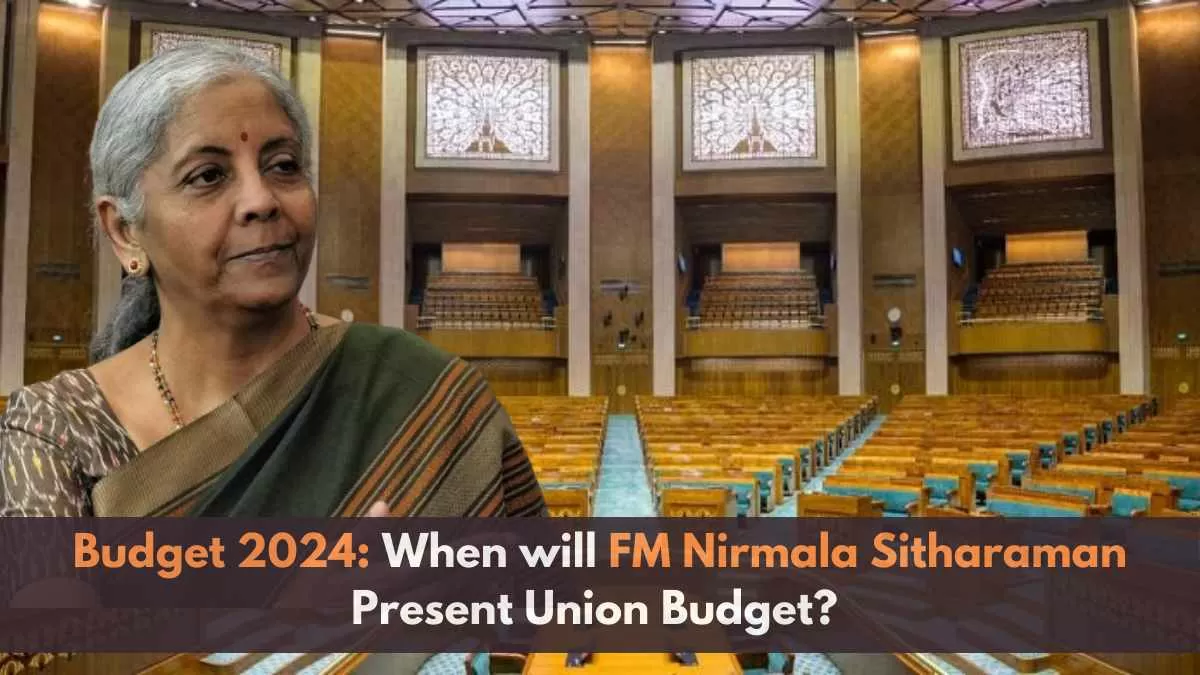According to media sources, Finance Minister Nirmala Sitharaman is expected to present the Modi 3.0 government’s first Union Budget for the financial year 2024-25 on July 23 or 24. However, there has been no official confirmation of the date for the budget presentation in Parliament.
As the anticipated date approaches, the expectations and demands from the public, industrialists, and economists are growing. It remains to be seen how many of these demands will be incorporated into the budget.
Parliament in Session
The 18th Lok Sabha session began on June 24 with the oath-taking ceremony of the newly elected parliamentarians. This session has already witnessed some of the key events that will be noted in history.
- On June 26, Om Birla was re-elected as the Lok Sabha Speaker for a second term, defeating INDIA bloc’s candidate Kodikunnil Suresh by a voice vote in the first-ever election for the Lok Sabha speaker post in India's history.
- After a decade, the Lok Sabha now has a Leader of the Opposition, with Rahul Gandhi assuming the role for the first time in his political career.
The first part of the session concluded on July 2 amid intense chaos and disputes between the opposition and the government. Originally scheduled to run until July 5, the session was abruptly suspended indefinitely by the Lok Sabha Speaker due to the ongoing turmoil.
When Will Union Budget 2024 be Presented?
According to media sources, the Monsoon Session of Parliament is anticipated to begin on July 22 and is expected to continue until August 9. Experts suggest that Union Finance Minister Nirmala Sitharaman will likely present the Union Budget on either July 23 or July 24. An official confirmation from the government regarding the budget presentation date is still awaited.
| Monsoon Session Starts on? | July 22 (Not Yet Confirmed) |
| Union Budget Date | July 23 or 24 (Not Yet Confirmed) |
| Who will Present the Budget? | Finance Minister Nirmala Sitharaman |
| Where will Budget be Presented? | Lok Sabha |
Also Read: Top 5 Ministries with Highest Budgets; Know Which Cabinet Minister Has Most Budget to Spend
How is Budget Prepared?
Normally, the budget-making process begins in the third quarter of the financial year. However, when the country is facing an election, the government introduces an interim budget. After the election, the newly formed government presents the full union budget in the Lok Sabha.
The budget process consists of four stages:
- Estimating expenditures and revenues
- Creating fiscal deficit estimate
- Reducing the deficit
- Presenting and obtaining approval for the budget.
1. Estimating expenditures and revenues
The budget-making process starts with ministries submitting initial estimates of plan and non-plan expenditures. Plan expenditures are discussed with the Planning Commission, which allocates resources for ongoing and new programs based on finance ministry estimates. Non-plan expenditures are prepared by ministry financial advisors and consolidated by the expenditure secretary. After discussions, budget estimates for the next fiscal year are finalized.
The finance ministry must also estimate the central government's expected revenue for the financial year to accurately assess the budget amount.
2. Creating fiscal deficit estimate
Once the expenditure and revenue estimates are completed, they are compared to determine the expected revenue shortfall needed to meet the country's expenditures. This comparison helps the government decide on the minimum borrowing required to cover the deficit.
3. Reducing the Deficit
After the estimation of the fiscal deficit, the government has two options: (1) Narrow down the deficit by a revision in tax rates, or (2) make changes in the expenditure. Ministry normally cuts down the cost in plan expenditures.
4. Presenting and obtaining approval for the budget
The Indian Constitution establishes Parliament as the ultimate authority in financial matters. Under Article 112, the Union government is mandated to present an annual budget of estimated revenue and expenditures before both Houses of Parliament.
